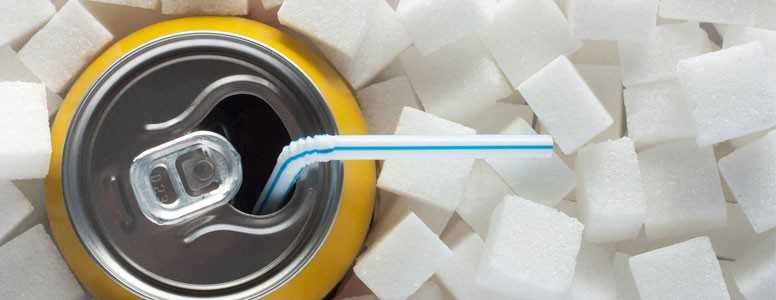Mexico’s sugar tax has led to reduced sugar consumption for the second year running, with scientists optimistic this could lead to reduced rates of obesity and type 2 diabetes.
Mexico introduced its 10 per cent tax on sugary drinks in 2014, and within a year sales of sugary soft drinks had fallen by six per cent. Figures now show a 9.7 per cent decline in the second year, averaging 7.6 per cent over the two years.
The findings could have implications for the UK’s sugar tax, which is set to be introduced from 2018.
The UK levy is different to the Mexican tax in its design and structure – it will tax the soft drinks industry for total sugar content over 5g per 100ml – but experts say these new findings are encouraging for improving health.
“The principle that price change leads to sustained behaviour change remains important,” said Adam Briggs, of the Nuffield department of population health at Oxford University, who wasn’t involved in the study.
Over 70 per cent of the Mexican population is overweight or obese, with more than 70 per cent of added sugar in diets coming from sugar-sweetened drinks.
While experts have been watching the progress of the Mexican tax, there isn’t yet any effect on health that can be calculated. Conditions such as obesity, type 2 diabetes and tooth decay can take years to develop, therefore the health effects will be best observed once the tax has been in place for several years. The researchers are optimistic, though, that these effects will be seen.
“These reductions in consumption could have positive impacts on health outcomes and reductions in healthcare expenses in Mexico,” said researchers from the University of North Carolina at Chapel Hill’s Gillings School of Global Public Health and the Mexican Instituto Nacional de Salud Pública (National Institute of Public Health).
Senior author Barry Popki, Gillings School of Global Public Health, added: “It will be important for us to continue to monitor this tax and see how this actually will affect overall diets, diabetes prevalence and other biological markers of the many noncommunicable diseases linked with excessive sugary beverage consumption.”
What they did find was the tax led to decline in sugary drink purchases in low-income households, with the authors reporting more consumers are turning to bottled water instead.
The findings appear online in the journal Health Affairs.
What's new on the forum? ⭐️
Get our free newsletters
Stay up to date with the latest news, research and breakthroughs.






